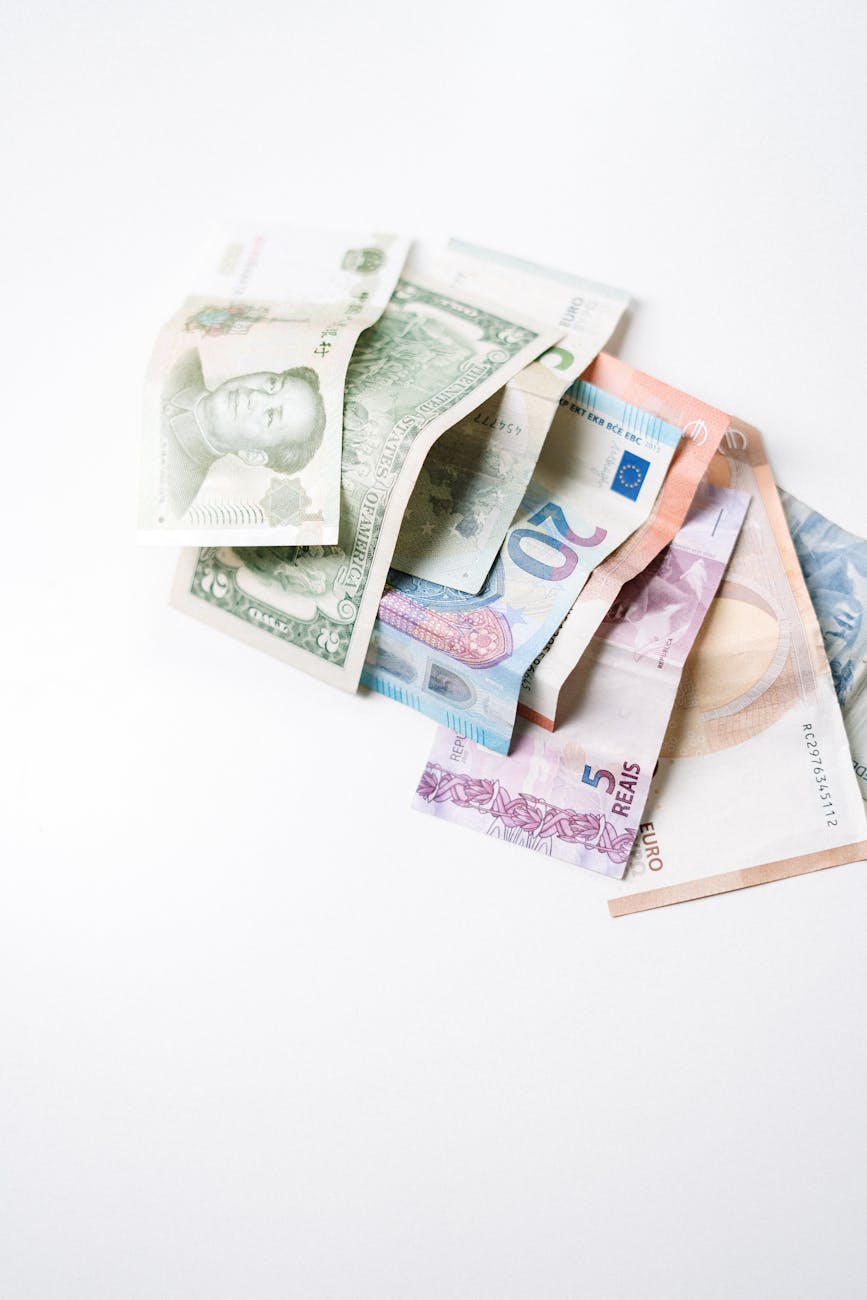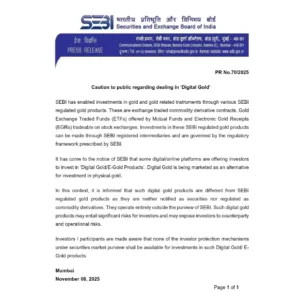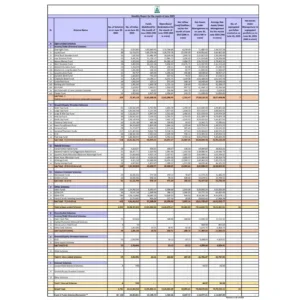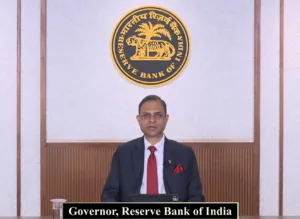On Saturday, China announced that it will “significantly increase” the amount of government debt it issues. This move aims to provide subsidies to low-income individuals, support the struggling property market, and boost the capital of state banks. The government is taking these steps to help revive its slowing economic growth.
Finance Minister Lan Foan stated during a news conference that more “counter-cyclical measures” will be introduced this year to stabilize the economy. However, officials did not provide specific details about the size of the fiscal stimulus, which is a critical piece of information that global financial markets are eager to learn.
Some investors are worried that without more aggressive support measures soon, China’s economic growth target for 2024 and its long-term growth prospects could be in jeopardy. Despite these concerns, Chinese stock markets have been performing well, driven by optimism over potential stronger government actions.
China to Increase Borrowing for Local Governments’ Hidden Debt: China’s government plans to borrow more money to help local governments deal with their “hidden debt,” which refers to loans that are not officially recorded in their budgets. These debts were created through off-balance-sheet borrowing, making them harder to track. Many local governments have had trouble raising funds through traditional means, like selling land, because demand has decreased. By allowing them to borrow more, China aims to ease the debt burden on these local governments and give them more room to focus on economic recovery. Finance Minister Lan Fo’an said more details will be shared later.
Special Bonds to Buy Unsold Homes for Subsidized Housing: Local governments will be able to use money from special bonds to buy homes that haven’t been sold and convert them into subsidized housing. This is part of the government’s strategy to address the worst property market slump China has seen in years. Turning unsold homes into affordable housing aims to boost the real estate sector, but in the past, local officials have been hesitant to implement this plan due to concerns over profitability and fluctuating housing prices.
Room for More Central Government Borrowing: Officials indicated that the central government still has plenty of room to increase borrowing and raise the national fiscal deficit if needed. They did not, however, provide specific numbers or details about how much debt or deficit growth might occur. It is expected that more information will be revealed during a meeting of China’s top legislature, which could happen as soon as the end of this month.
Support for Major State Banks: China’s major state-owned banks will receive help to increase their capital reserves. Although the top six banks already meet capital requirements, this additional support will relieve any potential pressure they might face, especially after the central bank’s recent moves to lower mortgage rates and key policy rates in an effort to boost the economy.
No New Stimulus for Consumption or Household Subsidies: The government did not announce any new measures to directly boost consumer spending, which remains a weak point in the economy. There were also no new subsidies for households mentioned. Although Lan Fo’an noted that local governments still have access to 2.3 trillion yuan from special bonds to use before the end of the year, this is not considered fresh stimulus. The amount includes bonds that have already been issued but not yet spent, as well as bonds that are part of this year’s borrowing quota but have not been issued yet.
Four of China’s largest state-owned banks announced that they will lower existing mortgage rates starting on October 25. The new rates will be as much as 30 basis points below the benchmark Loan Prime Rate (LPR). This decision aligns with a recent order from the People’s Bank of China (PBOC) aimed at reducing the mortgage burden for homeowners to help boost the struggling property market and domestic demand.
China’s Finance Minister stated that the risks associated with local debt are under control. While fiscal revenue is expected to be lower than initially predicted, it will still meet the budget targets for this year. The government plans to implement a variety of fiscal policy measures, including significantly increasing government debt and issuing special treasury bonds to strengthen state banks’ capital.
The government will also use local debt and other tools to support the property market and raise subsidies for low-income individuals and students to encourage consumer spending. Additionally, they are exploring more counter-cyclical measures and believe there is considerable room to increase government debt.
Local governments currently have 2.3 trillion yuan ($325 billion) in local debt funds available to spend in the last three months of the year. They plan to issue large amounts of new debt to replace existing local debts. While local government debt risks are at their highest in recent years, the government will go through necessary legal procedures and is committed to preventing new local government debt risks from developing.
Update
Goldman Sachs upgraded its forecasts for China’s economic growth in 2024 and 2025. They now expect China’s GDP to grow by 4.9% this year, up from their previous estimate of 4.7%. For next year, they upgraded their prediction to 4.7% from 4.3%.
Inputs from Bloomberg
Bringing you the latest updates on finance, economies, stocks, bonds, and more. Stay informed with timely insights.












































Be First to Comment